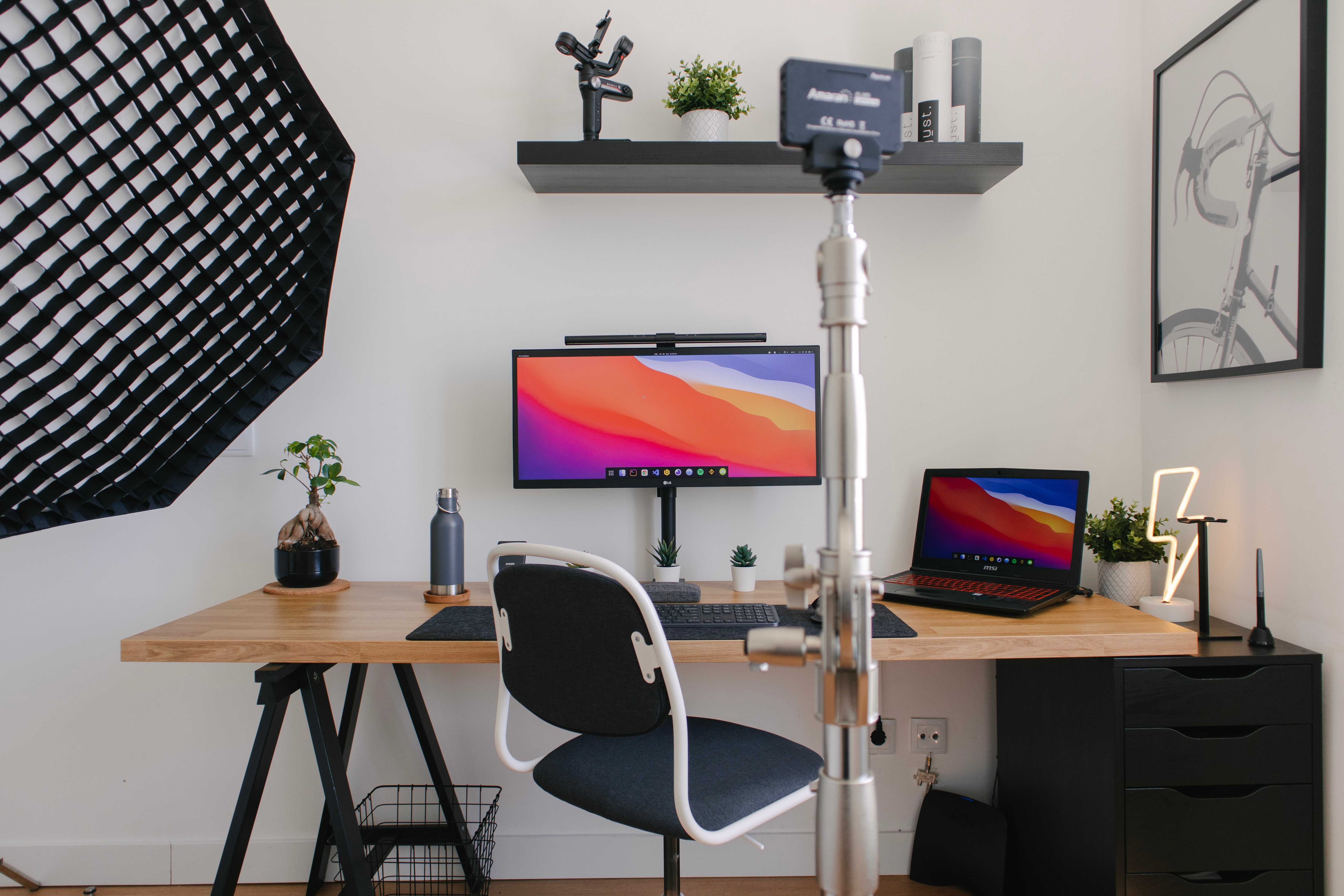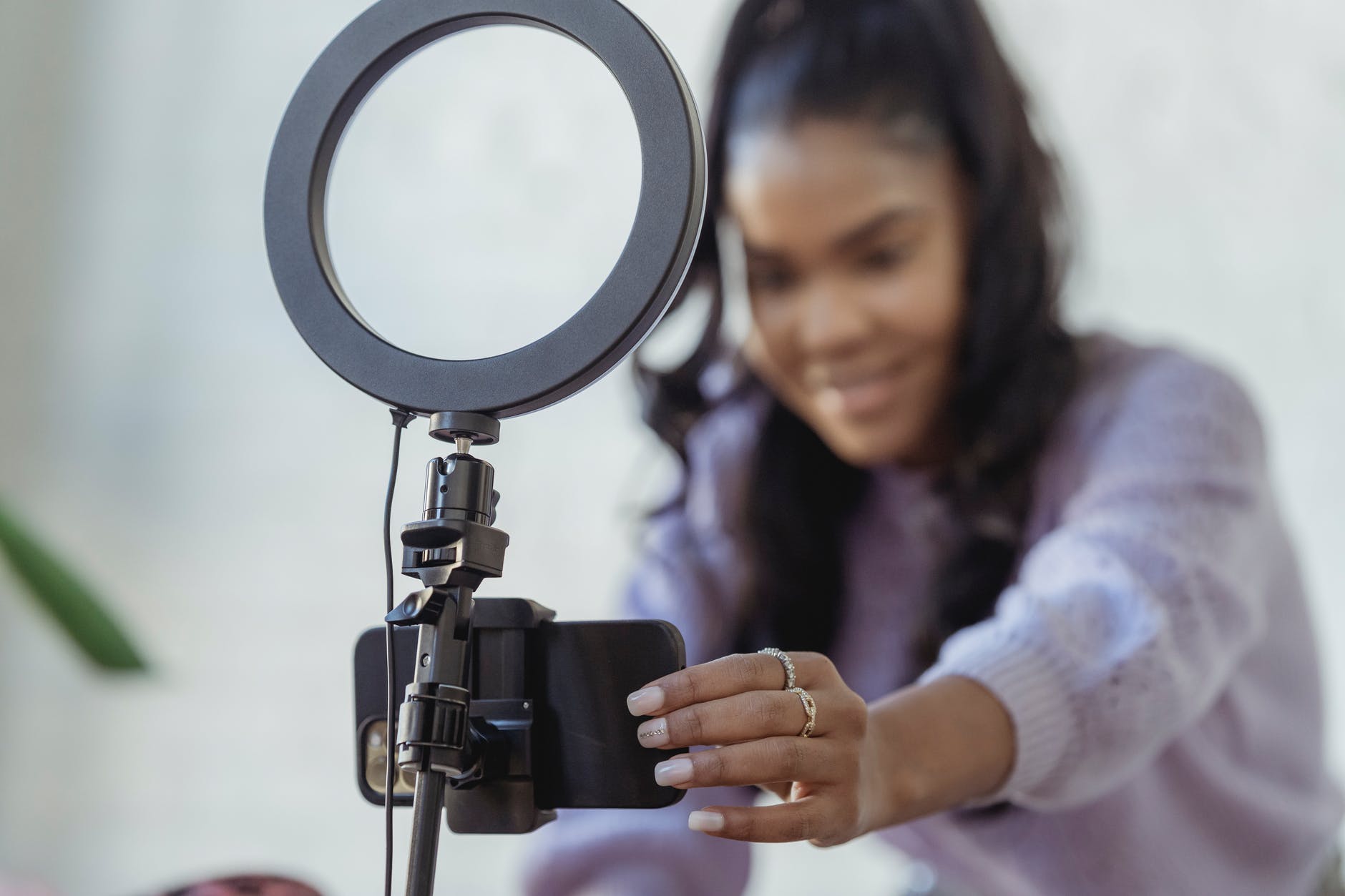
Let's face it, Influencer marketing is now a fiercely competitive terrain. It is way more than just creating any kind of content or hitting 'post' on anything you feel like - whether authentic & organic or heavily produced.
When working with Brands, the real game of Influencer Marketing begins with tracking your campaign’s success and optimizing it for best results.
Whether you're a seasoned content creator, blogger, or just starting out as an influencer, this guide will help you maximize the impact of your campaigns by focusing on the right metrics and strategies.
Let’s break down the essentials of working with brands and making your influencer marketing campaigns truly count with these 8 key Tips
Before you even think about tracking analytics or commencing a brand campaign, you need a crystal-clear understanding of what success looks like. Are you trying to boost brand awareness, drive more traffic to your blog, increase sales, or grow your follower base? Defining your campaign goals will help you zero in on the right metrics to track, ensuring that your influencer marketing efforts are aligned with your business objectives. This works both ways for either the Brand or the Influencer.
When it comes to influencer marketing, not all metrics are created equal. Here’s what you need to keep an eye on to evaluate your campaign's success:
Engagement Rate: This metric is key. It shows how actively your audience is engaging with your content (likes, comments, shares). High engagement equals high impact.
Reach and Impressions: These stats show how many people saw your content and how often it was displayed. The higher the reach, the more visibility your brand is getting.
Click-Through Rate (CTR): This is all about action. How many people are actually clicking on that link you posted? It’s a great indicator of how compelling your content and call to action are.
Conversion Rate: Ultimately, it’s about turning clicks into actions. Did those clicks result in sales, sign-ups, or other desired actions? This metric is a direct reflection of your content's effectiveness in driving results.
Return on Investment (ROI): This is the number brands care about. How much revenue did your campaign generate compared to what it cost? ROI helps you measure the overall profitability of your efforts.
You can’t just wing it when it comes to tracking performance. Reliable tools like Google Analytics, native platform insights (Instagram Facebook, X, TikTok all have their native analytics), and influencer marketing platforms (e.g., Hootsuite, Later) are your best friends. These tools give you deep insights into how your content is performing across platforms, showing data on engagement, reach, conversions, and more.
Tracking isn’t a one-time thing—it’s ongoing. As your influencer/brand campaign progresses, pay close attention to which posts and strategies are driving the most engagement, clicks, and conversions. Shift your focus to what’s working, and optimize the rest. Don’t waste your energy on content that’s falling flat.
Audience interaction is gold. Dive into comments, messages, and reviews. This qualitative feedback can offer key insights into how your audience is responding to the campaign. Sometimes, the best analytics come straight from your followers' mouths (or keyboards).
Want to know which style of content works best for your audience? A/B testing is the answer. Experiment with different content formats, visuals, and posting times. A/B testing lets you compare performance and see what’s resonating with your audience. The result? More effective, tailored campaigns. While this may not work when the content has already been posted to the feed, you can test a snippet of it in stories or as shorts before sharing the final work.
Waiting until the campaign ends to make adjustments is a rookie mistake. Keep an eye on performance metrics in real-time and be ready to make quick changes. If a post is underperforming, tweak your messaging, try a different format, or adjust your timing. Real-time optimization keeps your campaign on track for maximum success.
Once your campaign wraps up, compile all your data into a comprehensive report. Break down the key metrics (reach, engagement, conversions, and ROI), analyze what worked, and be honest about what didn’t. This reflection phase is critical for your growth as a content creator. Sharing the report with brands and stakeholders builds transparency and strengthens your working relationships for future collaborations.
Influencer marketing isn’t just about creating pretty content—it’s about delivering real results. By tracking the right metrics, using powerful analytics tools, and optimizing your campaigns in real-time, you can elevate your work as a blogger or content creator. Mastering the art of campaign optimization not only helps you grow your brand but also proves to brands that you’re serious about results. And let’s face it, that’s how you get invited back for more partnerships.
Photo by Unseen Studio on Unsplash








